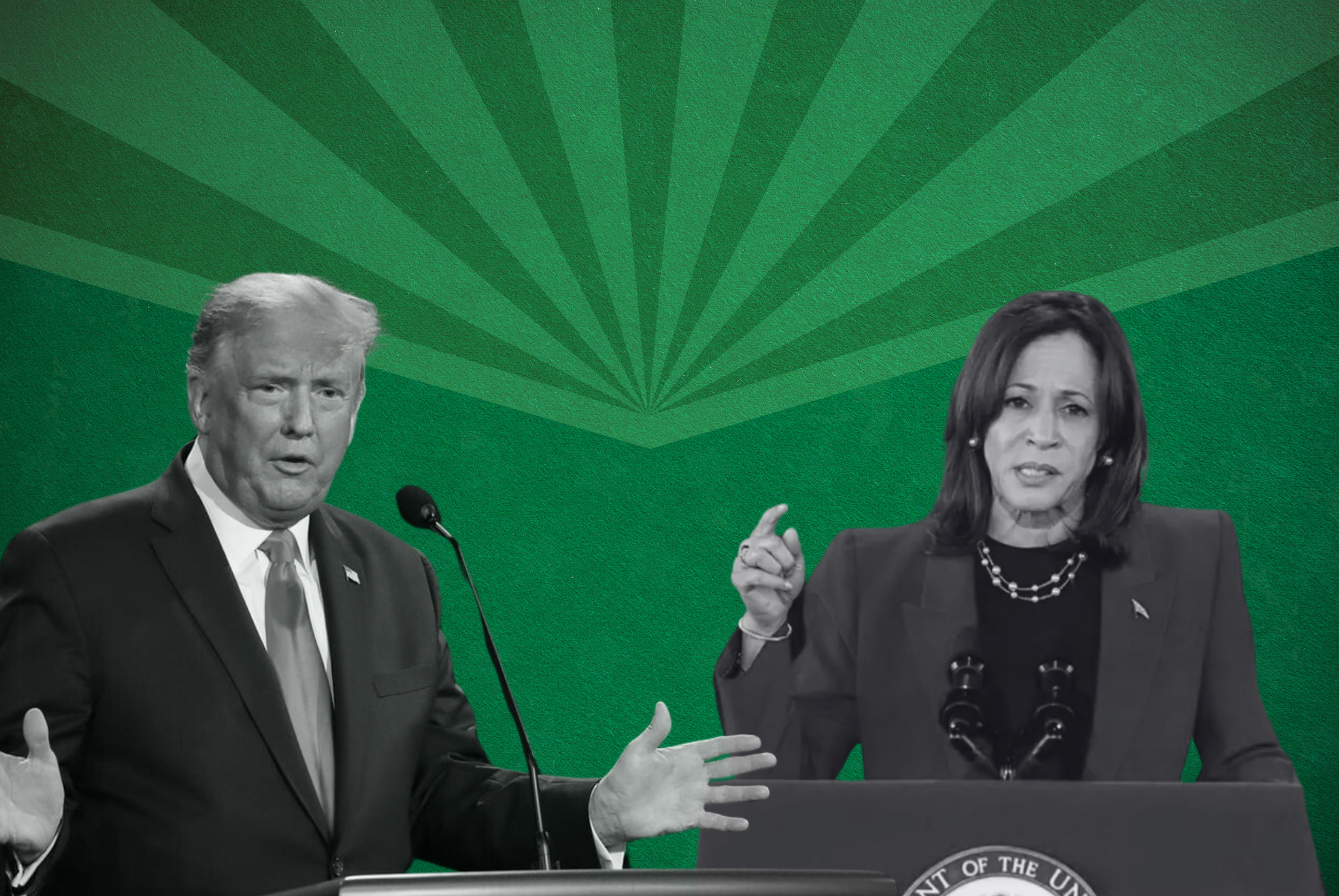Politics
Climate Politics and Electoral Realignment
Some deep-seated dividing lines in U.S. politics seem to be eroding, with potential implications for climate policy.
The electorate is changing. Racial divisions are blurring, the GOP has gained a solid following among working class voters (especially whites), and college graduates and those with above median incomes have shifted to the Democrats. Among the many effects will be changes in the politics surrounding climate change. We will start to see an increased rate of success for advocates of climate actions in off-year and down-ballot races.
CONTINUE READINGU.S. Energy Industry Trends To Watch In A 2025 Trump Presidency
New Trump administration policies will impact the energy industry, but maybe not in the ways Trump supporters expect, writes Guest Contributor Allan Marks.
Allan Marks is a partner at Milbank LLP and a lecturer at UC Berkeley School of Law and UCLA School of Law. This article was originally published in Forbes, for which he is a contributor, on November 7, 2024. When Donald Trump returns to the Oval Office in January 2025, his second presidency will have …
Continue reading “U.S. Energy Industry Trends To Watch In A 2025 Trump Presidency”
CONTINUE READINGTrump-Proofing Time at the California Legislature?
Governor Newsom has called a special session for December 2nd. How can California lawmakers ensure California’s climate and environmental progress in the years ahead?
During the last Trump administration, California emerged as a serious counterweight to federal government backsliding on climate and the environment, and last week, some California lawmakers publicly recommitted to resisting future Trump administration efforts to reduce environmental and climate protections. On November 7, Governor Newsom issued a proclamation calling the Legislature into a special session …
Continue reading “Trump-Proofing Time at the California Legislature?”
CONTINUE READINGPresident-Elect Trump vs. California: What Lies Ahead?
Will It Be Environmental Law & Policy Deja Vu All Over Again? Or Even Worse?
Californians who care about the environment likely–and justifiably–feel whipsawed this week. Former President Trump (#45) has re-emerged as President-elect Trump (#47), interrupted by the intervening four years of the Biden-Harris presidential administration. (Actually, this presidential whipsaw has been going on for decades: think Bush Sr.-Clinton-Bush Jr.-Obama-Trump-Biden-Trump redux.) In general, California’s progressive environmental laws and policies …
Continue reading “President-Elect Trump vs. California: What Lies Ahead?”
CONTINUE READINGThe Dangerous Hypocrisy of Elon Musk
Tesla CEO Elon Musk wants to slash government and regulations for a Trump administration—even though California regulations helped build his companies.
Our chances of helping avoid the most catastrophic climate disruptions just dimmed dramatically. Donald Trump’s victory and self-declared mandate means a lot of things—among them, that crucial climate and environmental policies are threatened like never before. There will be plenty to say in coming days about what this means for America’s role in the world …
Continue reading “The Dangerous Hypocrisy of Elon Musk”
CONTINUE READINGSmall, Medium, and Large Things to Do Today
Three ideas for simple, personal, and tangible ways to react to the outcome of the 2024 presidential election.
Many folks this morning are feeling anticipatory grief over what’s to come in the second Trump administration. This is perhaps especially true for those of us who work on solutions to climate change, an issue that doesn’t have four years to burn away. I’m not yet at the stage of crafting particularly strategic plans in …
Continue reading “Small, Medium, and Large Things to Do Today”
CONTINUE READINGThe Morning After
Given Trump’s victory, what can be done to save the planet?
wice before in this century, enemies of environmental protection have taken the helm. After taking office, Bush embraced fossil fuels, opposed climate action, and weakened environmental regulations. Trump’s first term made Bush seem like a tree hugger, and his second term may be even worse. The strategies we’ve used in the past are still applicable, though circumstances have changed.
CONTINUE READINGTrump Can’t Stop the Clean Energy Transformation
The global transformation to an economy fueled by clean energy can’t be stopped. Trump could slow down U.S. progress though.
Here’s an uncontroversial proposition: if Donald Trump wins the election (a horrific thought), we will make less progress in attacking climate change than if Kamala Harris wins. His most recent remarks on climate were appalling: “They say global warming, they used to call it global warming but now they call it climate change. You know …
Continue reading “Trump Can’t Stop the Clean Energy Transformation”
CONTINUE READINGCarrots Are More Durable Than Sticks
Laws like the Inflation Reduction Act may have more sticking power than regulations.
it’s hard to repeal subsidies and tax credits. We’re seeing that right now in Congress. There’s been a lot of talk by Trump and others of blowing away the IRA. But many billions of dollars of IRA investments are being made in Republican congressional districts. And this has had an effect. Subsidies won’t solve the climate crisis on their own, but they provide a solid economic and political foundation for climate policies of all kinds.
CONTINUE READINGNo More ‘House of Horrors’ Thanks to These New Laws
Several California laws prohibiting dangerous chemicals from household products go into effect on or after January 1, 2025.
Halloween is the one time when we welcome ghouls, ghosts, and goblins coming to our homes (and, if your neighborhood is anything like mine, a variety of tiny superheroes). This season, however, the Legislature is dealing with a different kind of house of horrors: dangerous chemicals in everyday products that affect millions of Californians’ health. …
Continue reading “No More ‘House of Horrors’ Thanks to These New Laws”
CONTINUE READING











